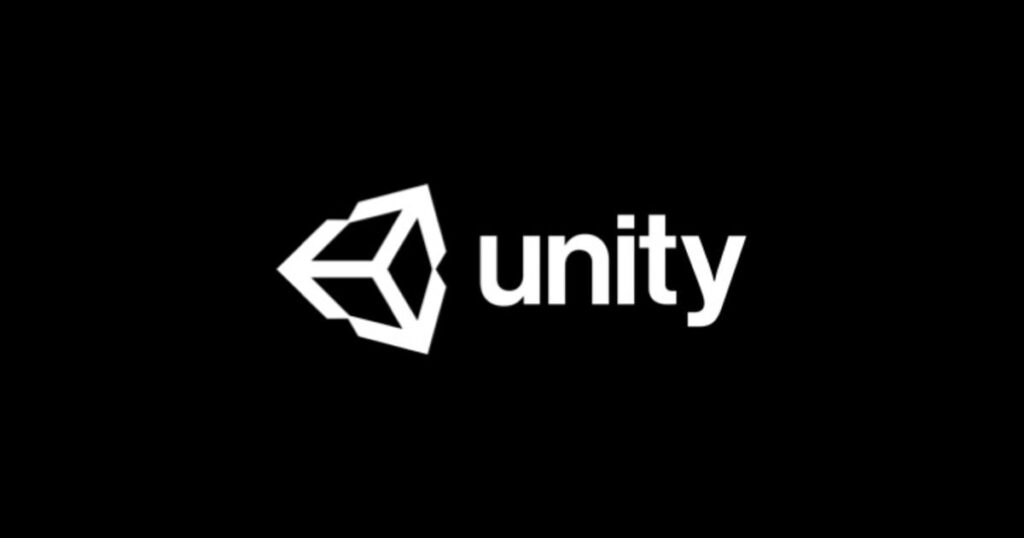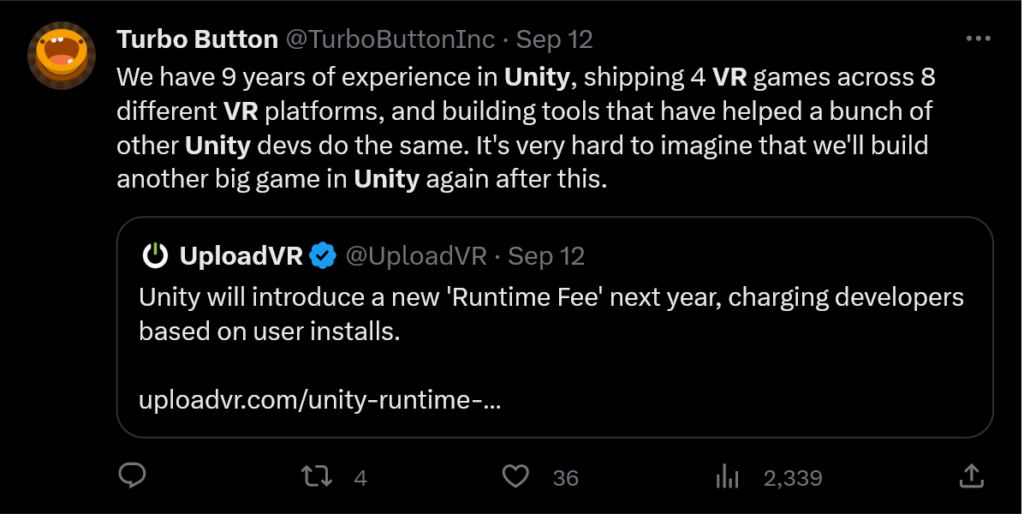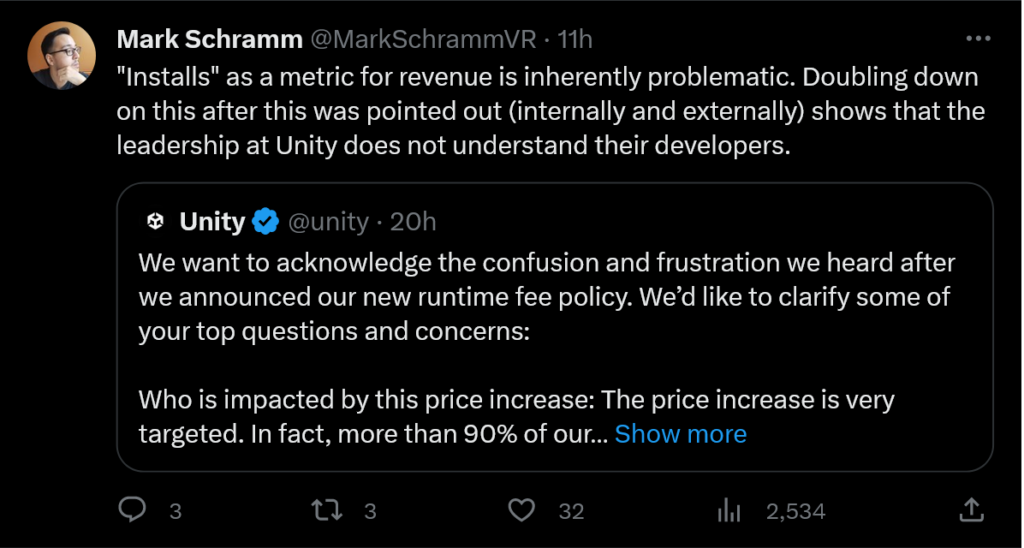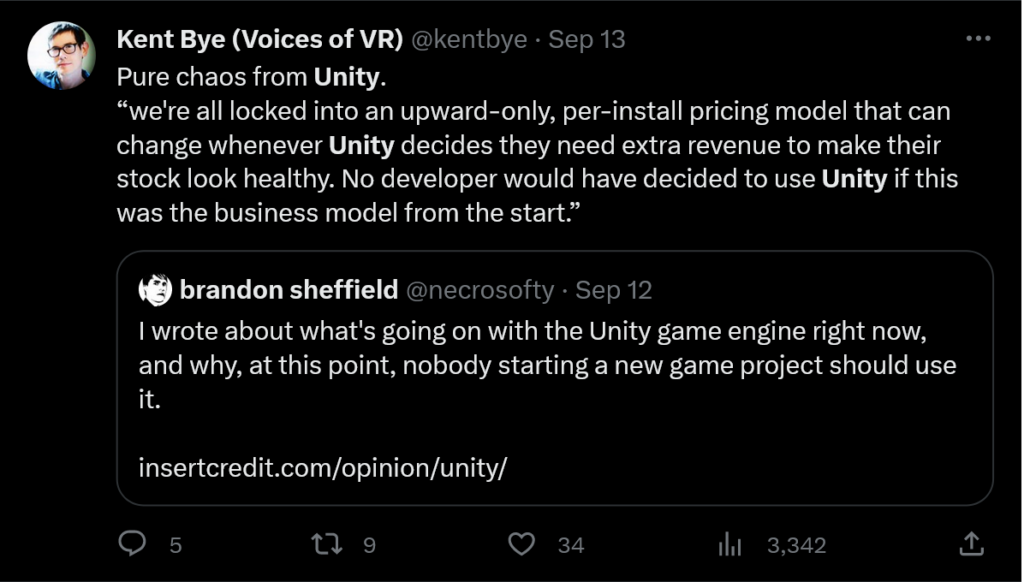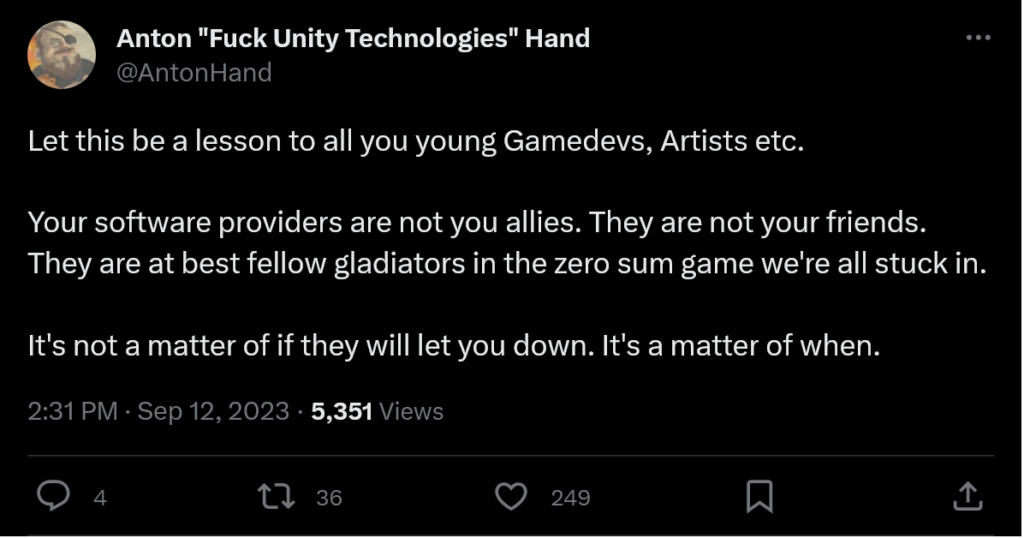The Announcement in a Nutshell
Unity Technologies, the company behind one of the world’s leading game development engines, recently announced a change that could affect the financial landscape for many indie developers and major studios alike. Starting January 1, 2024, Unity will introduce a new ‘Unity Runtime Fee’ targeted at developers who utilize their engine to create games. This fee will be calculated based on how many times a game is installed on user devices.
For the uninitiated, a game engine is essentially the software that developers use to build video games. Unity is a popular choice because of its versatility, allowing for the creation of games across multiple platforms like PC, consoles, and mobile devices. When you download a game made with Unity, you’re also downloading a piece of software known as the Unity Runtime, which helps the game function properly on your device.
The proposed fee isn’t for everyone. According to Unity’s own criteria, it will apply to games that have reached specific revenue and install thresholds. For games on their Personal or Plus plans, developers will be affected if they have generated $200,000 or more in the past year and have reached 200,000 lifetime game installs. For those on Pro or Enterprise plans, the numbers jump to $1 million in revenue and 1 million installs. While the fee structure appears to target successful games, the developer community is far from pleased.
Unity of Outrage
The new Unity Runtime Fee has ignited a firestorm of controversy within the development community, leading many to openly criticize Unity Technologies. Developers are particularly concerned about the lack of clear guidelines on how “installs” will be counted for the fee, fueling a sense of distrust and apprehension about the upcoming changes. Responses range from curiosity about alternative game engines to questions about Unity’s long-term vision and the financial implications for developers both big and small.
Trust Broken, Damage Done
While the true impact of this new fee structure will only be fully realized when it takes effect in 2024, the initial outcry suggests that the damage has already been done. Unity’s clarifications and attempts at damage control appear to have fallen on deaf ears, failing to assuage concerns from a community that feels its trust has been violated.
In a realm where the tools of creation are as important as the creators themselves, Unity’s abrupt pricing change has proven to be a divisive issue. Trust is often hard to gain and easy to lose. Unity now faces the challenging task of rebuilding that trust, not through words but through actions that support and align with the needs and expectations of its vast developer ecosystem.
So while we may not know for certain whether the new pricing is fair or unfair, one thing is clear: Unity has disunified its own community, and that alone might be the biggest price the company has to pay.


